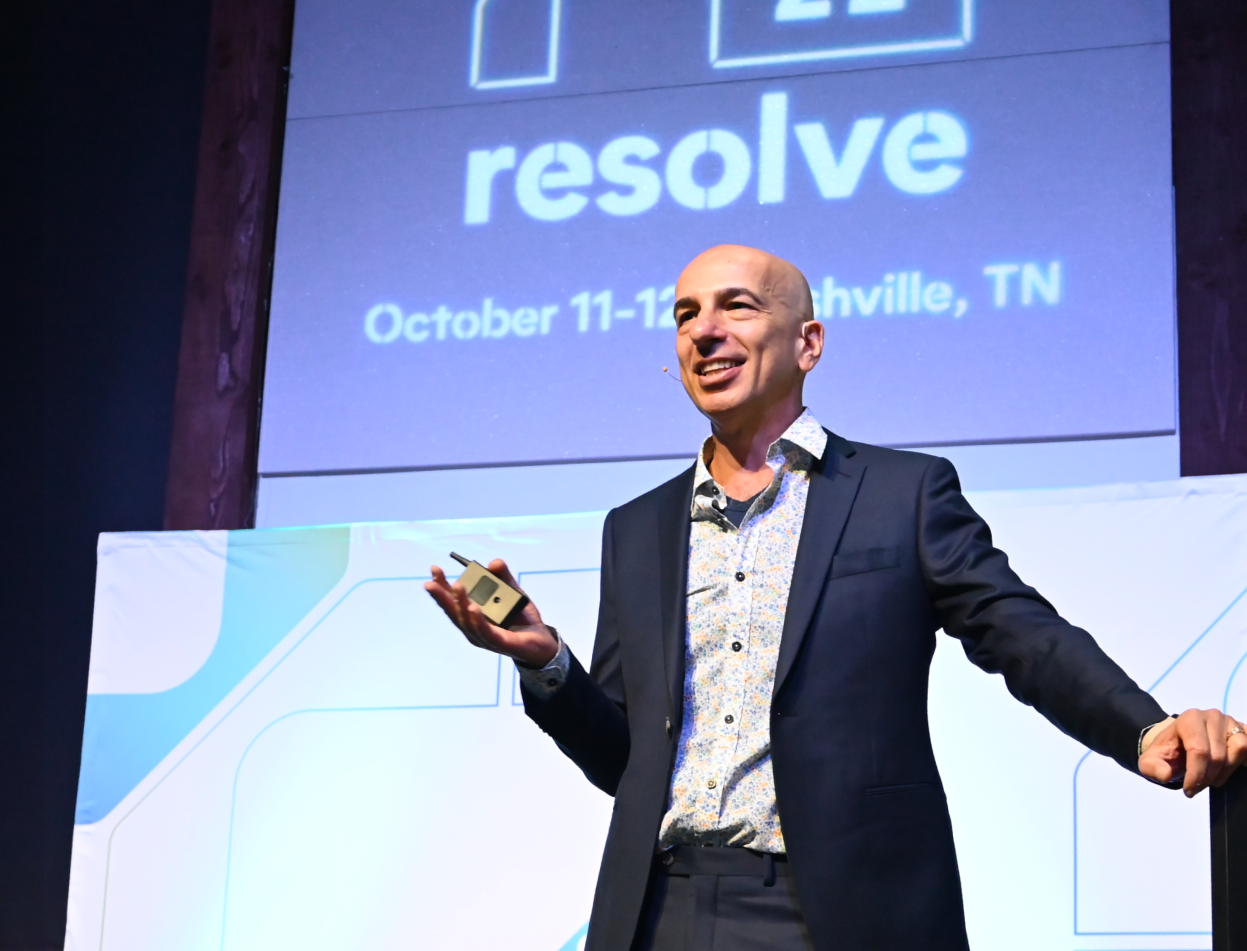At its core, Airbnb’s business model is built on trust and collaboration between guests and hosts.
But behind the scenes, they’re leading the charge in using both humans and AI to make guest experiences even better.
In episode five of Dialed In, Gadi Shamia, CEO and co-founder of Replicant, is joined by Hanlin F., Airbnb’s Head of Digital Experience, to explore the hospitality brand’s unique customer service challenges.
The conversation revolved around the role of AI in addressing customer service issues and providing a seamless experience for both hosts and guests on the Airbnb platform.
Hanlin, who leads the digital products in the community support organization at Airbnb, shared her insights on leveraging AI and machine learning in customer support. She emphasized the importance of combining the power of AI with human intervention to handle the complex and unique issues that often arise for their users.
Listen to the full episode here.
Key topics covered in the episode include:
Airbnb’s Unique Customer Support Challenges: Airbnb faces unique challenges due to its diverse host and guest base, spanning across numerous countries, languages, and policies. These challenges require creative solutions and a deep understanding of customer issues.
AI in Agent Training: AI is being used to help agents quickly understand and access Airbnb’s detailed policies, making it easier for them to provide timely and accurate support, especially in urgent situations. It’s also seen as a valuable tool that assists agents in resolving customer inquiries faster. It can provide real-time information and suggestions, helping agents make informed decisions during customer interactions.
Harmony Between AI and Humans: The vision for Airbnb’s customer support is a symbiotic partnership between AI and human agents. This approach ensures that the strengths of both AI and human support are utilized to deliver the best possible customer experience. Airbnb aims to strike a balance between full automation and human intervention. While automation can handle straightforward issues efficiently, human agents are crucial when emotional or complex issues require a more empathetic and personalized response.
Policy Summarization and Emotional Recognition: AI is being employed to summarize and highlight specific policy details for agents, enabling them to quickly address customer inquiries without extensive policy reading. AI can detect sentiment and emotional cues in customer interactions, enabling agents to intervene when emotional support is needed, even for seemingly simple issues.
Data Integration for Personalization: Hanlin emphasized the importance of connecting various data sets, including host data, guest data, support data, and more. By integrating these data sources, Airbnb aims to gain a holistic view of customers and hosts to provide more personalized experiences.
The Role of Curiosity in Future Agents: When asked about the future of customer service agents, Hanlin highlighted the need for curiosity among agents. A curious mindset can help agents adapt to AI technologies and provide better support by learning continuously. Hanlin shared that one thing people may not know about customer service is how stressful the job can be for agents. Understanding the stress that agents experience can lead to more empathetic interactions.
The Impact of AI on Customer Service: Hanlin emphasized that AI’s ability to facilitate natural conversations is a game-changer for customer service. It allows for more engaging interactions between AI and humans. When asked about the percentage of customer service that can be fully automated by AI in the next few years, Hanlin mentioned a significant shift from a few percent to around 70% in just two years, highlighting the rapid transformation taking place.
Airbnb’s commitment to leveraging AI to enhance customer support while recognizing the importance of human touch in addressing the unique challenges of the hospitality industry is all about balance. The company’s approach reflects the evolving landscape of AI-powered customer service, where human-AI collaboration is key to delivering exceptional customer experiences.




